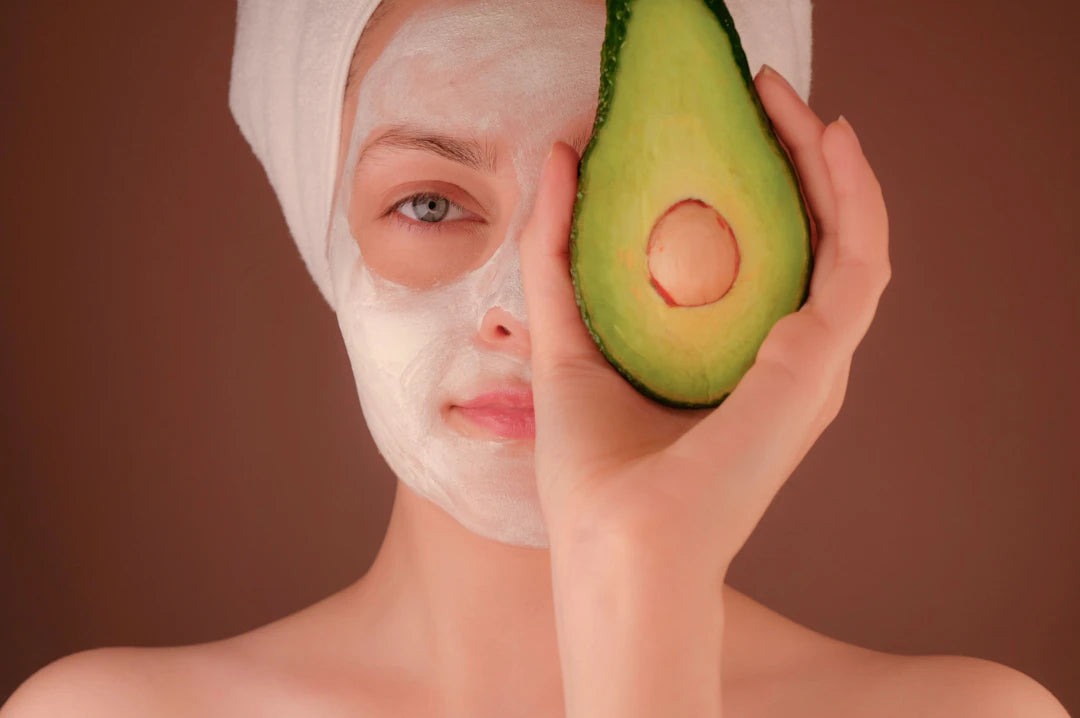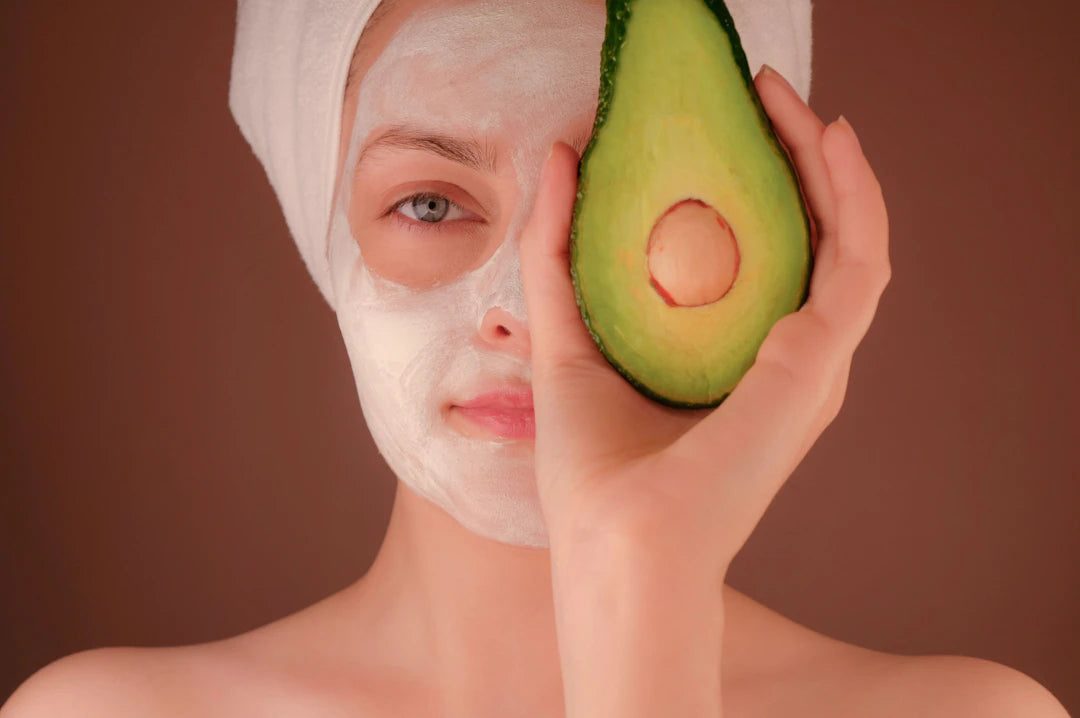Identify and Treat Common Skin Conditions at Home

Frequently Asked Questions
1. What are common skin conditions that people experience?
2. How can I treat acne at home?
3. What is eczema and how can I manage it?
4. What are some treatments for psoriasis at home?
5. When should I see a dermatologist for my skin condition?
Your skin is your body's largest organ, and it often reflects your internal health and well-being. Common skin conditions can arise due to various factors including environmental influences, hormonal changes, or even stress. In this guide, we'll explore how to identify and treat common skin conditions at home, empowering you to take charge of your skin care routine.
Understanding Common Skin Conditions
Before we delve into treatment methods, it's essential to identify some of the most prevalent skin conditions. Understanding the symptoms can help you take proactive measures and enhance your skin care routine.
Acne
Acne is perhaps one of the most notorious skin conditions affecting people of all ages. It commonly appears as pimples or cysts on the face, back, and shoulders. Acne occurs when hair follicles become clogged with oil and dead skin cells, leading to inflammation.
Eczema
Eczema, also known as atopic dermatitis, is characterized by itchy, red, and inflamed patches of skin. It often occurs in children but can affect adults as well. Eczema can be triggered by allergens, stress, or dry skin.
Psoriasis
Psoriasis presents itself as thick, red patches covered with silvery scales. This skin condition is chronic and often related to an immune system issue. Triggers may include stress, infections, and far too much alcohol.
Rosacea
Rosacea typically shows up as redness on the face, along with small, pus-filled bumps. This condition is often mistaken for acne and can lead to significant skin discomfort if not treated properly.
Home Remedies for Common Skin Conditions
Treating these common conditions at home can be effective, particularly when you incorporate a consistent skin care routine. Below are some tried-and-true remedies for each condition.
Home Remedies for Acne
Managing acne involves a combination of proper skin care and lifestyle changes. Here are some effective home remedies:
- Tea Tree Oil: Known for its antibacterial properties, tea tree oil can help eliminate acne-causing bacteria.
- Green Tea Extract: This can reduce inflammation and combat acne when applied topically.
- Exfoliation: Regular exfoliation helps remove dead skin cells that can clog pores. Opt for gentle scrubs or chemical exfoliants.
- Hyaluronic Acid Serum: Including a hyaluronic acid serum can help maintain skin hydration without adding excess oil.
Home Remedies for Eczema
Soothing eczema can be achieved through both topical treatments and lifestyle adaptations:
- Moisturizers: Apply a thick cream or ointment to keep the skin hydrated. Look for products free of fragrances and harsh chemicals.
- Oatmeal Baths: Adding colloidal oatmeal to your bath can help calm irritated skin.
- Aloe Vera: This natural plant has anti-inflammatory properties and can provide relief when applied topically.
Home Remedies for Psoriasis
Though there is no cure for psoriasis, several home remedies can alleviate symptoms:
- Moisturizers: Regularly moisturizing your skin can reduce the itching and scaling associated with psoriasis.
- Sunlight Exposure: Limited exposure to sunlight can help; however, be cautious as too much sun can lead to burns.
- Salicylic Acid: This can facilitate the shedding of dead skin cells and is often included in over-the-counter treatments.
Home Remedies for Rosacea
Managing rosacea often revolves around minimizing triggers and soothing inflammation:
- Gentle Skin Care: Use mild cleansers and avoid harsh scrubs that can irritate your skin.
- Cucumber Peel: The coolness can soothe superficial redness and inflammation when applied to the affected area.
- Sun Protection: Always use sunscreen to protect sensitive skin from the sun's rays.
Creating an Effective Skin Care Routine
A well-structured skin care routine is the cornerstone of preventing and treating skin conditions. Here’s how to build one:
Cleansing
Always start with a gentle cleanser that suits your skin type. Cleanse twice a day to remove impurities, excess oil, and dirt.
Exfoliation
Incorporate exfoliation 2-3 times a week. This helps to unclog pores and promote cell turnover, which is especially important for those prone to acne.
Toning
A toner can help balance the skin's pH levels while offering an additional layer of hydration. Look for alcohol-free toners to avoid drying out your skin.
Moisturizing
Every skin type needs moisture. Opt for a moisturizer that suits your unique skin requirements. Those with oily skin may benefit from gel-based products, while drier skin may require thicker creams.
Serum Application
Integrate targeted treatments, such as a hyaluronic acid serum, into your routine. This will help enhance moisture retention, which is vital regardless of skin type.
Sun Protection
Applying sunscreen daily is one of the most crucial steps in any skin care routine. Choose a broad-spectrum sunscreen with at least SPF 30, and reapply throughout the day, especially if you’re outdoors.
When to See a Dermatologist
While many skin conditions can be managed at home, it’s important to recognize when professional help is needed. Seek medical advice if:
- The skin condition worsens or fails to improve despite home treatments.
- You experience severe pain or discomfort.
- There are signs of infection such as pus, increased redness, or warmth.
- Your skin issues are affecting your mental well-being or quality of life.
Final Thoughts: Empower Your Skin Journey
Taking charge of your skin care routine and understanding how to handle common skin conditions at home can empower you to achieve the radiant skin you desire. By incorporating natural remedies and maintaining a consistent regimen, you can address many concerns effectively. Remember, however, that when in doubt, consulting with a dermatologist is always a wise decision. Your skin deserves the best, and with knowledge and care, you can embark on a successful skin journey.


